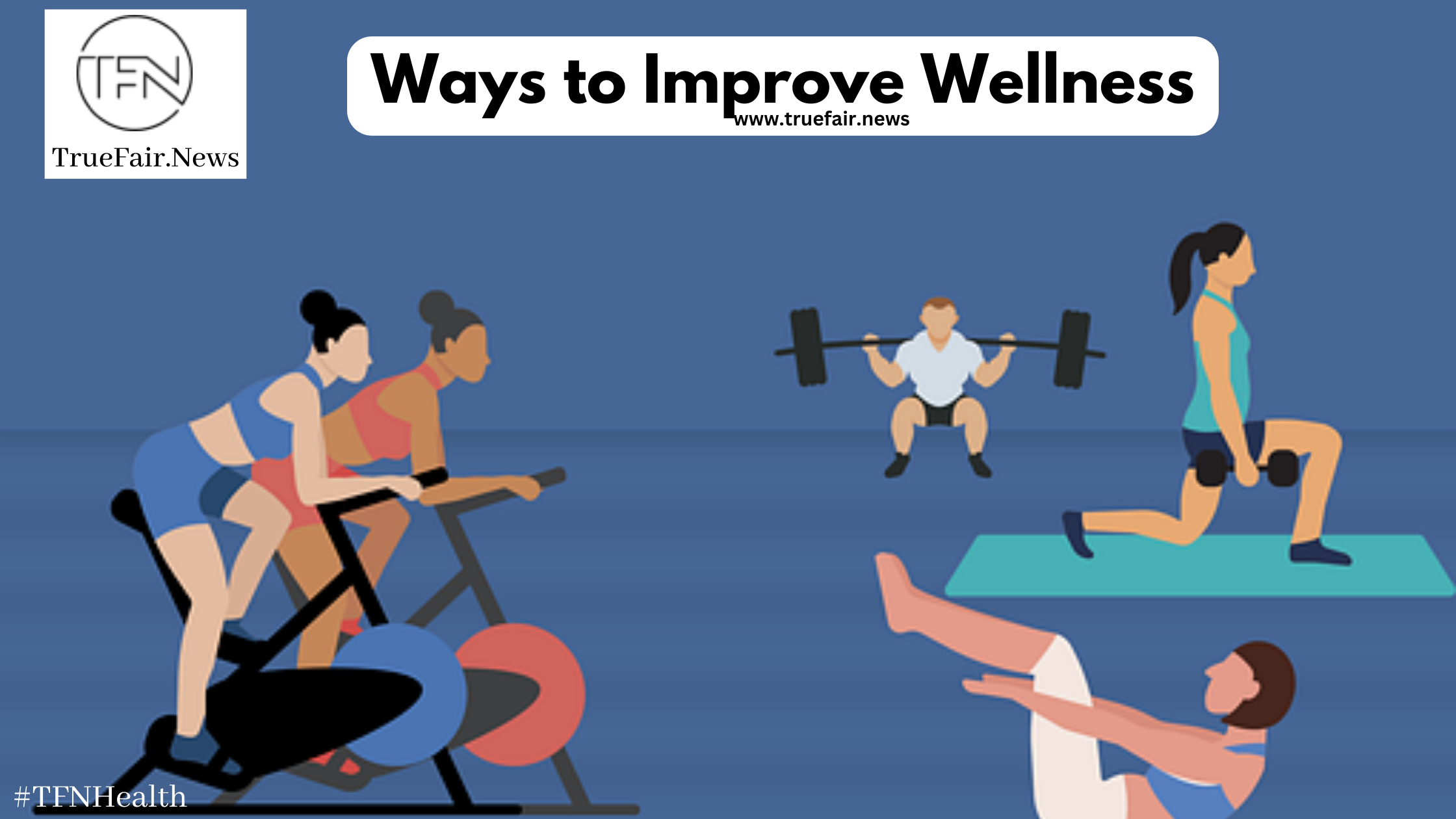
Introduction
It's no secret that we live in a world that is always on the go. With technology making it possible to work from anywhere, many of us have adopted a 24/7 work lifestyle. And while this can be great for productivity, it takes a toll on our wellness. If you're looking to improve your wellness or want some tips on maintaining it, check out this blog post. We'll explore everything from diet and exercise to sleep and stress management. By the end, you'll better understand what it takes to be well and how to achieve it.
Types of Wellness
There are many different types of wellness that you can focus on in your life. Here are some of the most popular types of wellness:
1. Physical Wellness: This type of wellness focuses on taking care of your body and maintaining a healthy lifestyle.

This can include maintaining a healthy weight, eating nutritious foods, exercising regularly, and getting enough sleep.
2. Mental Wellness: This type of wellness refers to your state of mind and emotional well-being. It includes managing stress effectively, developing positive coping mechanisms, and practicing self-care.
3. Social Wellness: This type of wellness encompasses your relationships with others. It includes developing strong and supportive relationships, communication, and conflict-resolution skills.
4. Spiritual Wellness: This type of wellness is about finding meaning and purpose in your life. It can involve exploring your values, connecting with nature, or attending religious services.
Benefits of Being Well
There are many benefits to being well, both physically and mentally. You have more energy and stamina to do the things you love when you are physically well. You are also less likely to get sick, which means you can save money on doctor's visits and medication. Being physically well also leads to improved mental health. \You tend to feel better when you feel good about your physical health. This increased self-esteem can lead to improved mental clarity and decreased stress levels.

Ways to Enhance Wellness
1. Ensure you are getting enough sleep. The average person needs approximately eight hours of sleep per night. If you want to increase your sleep quality, you should consider maintaining a regular schedule for when you go to bed and when you get up.
2. Keep a healthy diet: Maintaining a diet rich in essential nutrients enables your body to perform at its peak potential. Make sure that a significant portion of your diet consists of whole fruits, vegetables, and whole grains.
3. Get some exercise: Physical activity is one of the best ways to lower stress, improve mental health, and increase energy levels. It would help if you strived to be active for at least 30 minutes on most days of the week.
4. Spend breaks: When you're feeling overwhelmed or anxious, take a few minutes to yourself to relax and recharge. This will help you deal with the situation more effectively. Take a relaxing soak in a warm bath, read your go-to book, or go for a walk outside.
5. Make connections with other people: Research has shown that spending time with loved ones is associated with lower levels of stress and higher levels of good emotion. Spending quality time with the people important to you is essential for preserving your health. This can be accomplished in various ways, including texting, social media, or meeting in person.
Conclusion
There are so many things that you can do to live a healthier and happier life. We hope that our wellness tips have inspired you to make changes in your own life and start living YOUR best life. Remember, it's never too late to make a change for the better. So what are you waiting for? Go out there and make something happen!
Not Medical Advice! Seek Professional Help!

